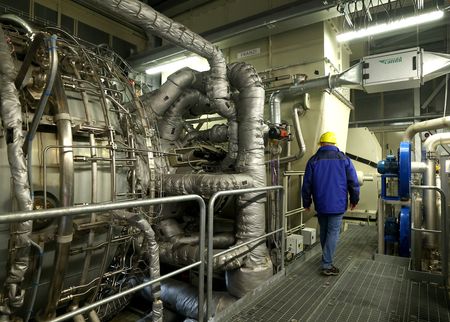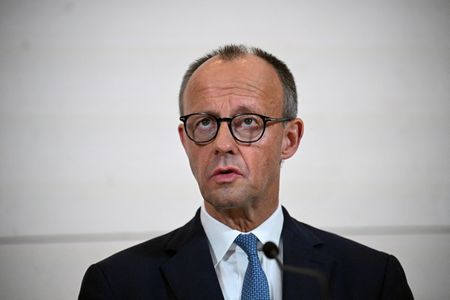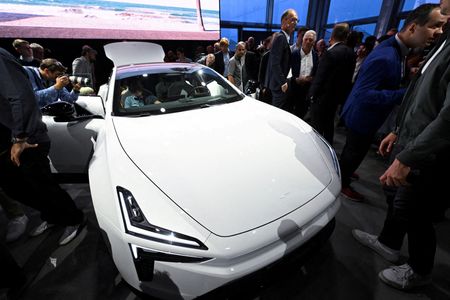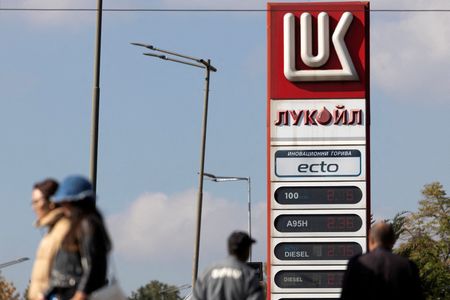BERLIN (Reuters) -Germany has scaled back the amount of gas-fired power capacity it plans to develop to 10 gigawatts, about half the level planned at the start of the year, aiming to strike a balance between decarbonisation and backing up intermittent renewables.
The decision was reached by conservative Chancellor Friedrich Merz and his Social Democrat coalition partners late on Thursday, in a compromise between supporters of a swifter energy transition and those who worry that industry will suffer without dependable supplies of cheap energy.
“The tenders will specify that the new power stations are technically capable of being fired by hydrogen,” Merz added.
The possibility of later converting the power stations is designed to assuage critics of gas power, who say it locks Germany into producing greenhouse gases rather than tackling climate change.
Merz said the European Commission had signalled it would accept the new plans, which also include a commitment to build a further two gigawatts of capacity using any technology – potentially including battery storage.
Subsidies – running into the billions of euros – will be needed since capacity that is only intermittently used is commercially unattractive for energy companies.
Tenders for eight gigawatts will be issued next year, with the new capacity to come online by 2031.
The tender will require the new power stations to be carbon-neutral by 2045 – though this could also be achieved by sequestering the carbon dioxide they emit.
A further two gigawatts of capacity will be tendered for in 2026 and 2027 which, though initially gas-fired, must rapidly be converted to hydrogen fuel. Another technology-neutral tender is planned for 2029.
(Reporting by Thomas EscrittEditing by Mark Potter)











